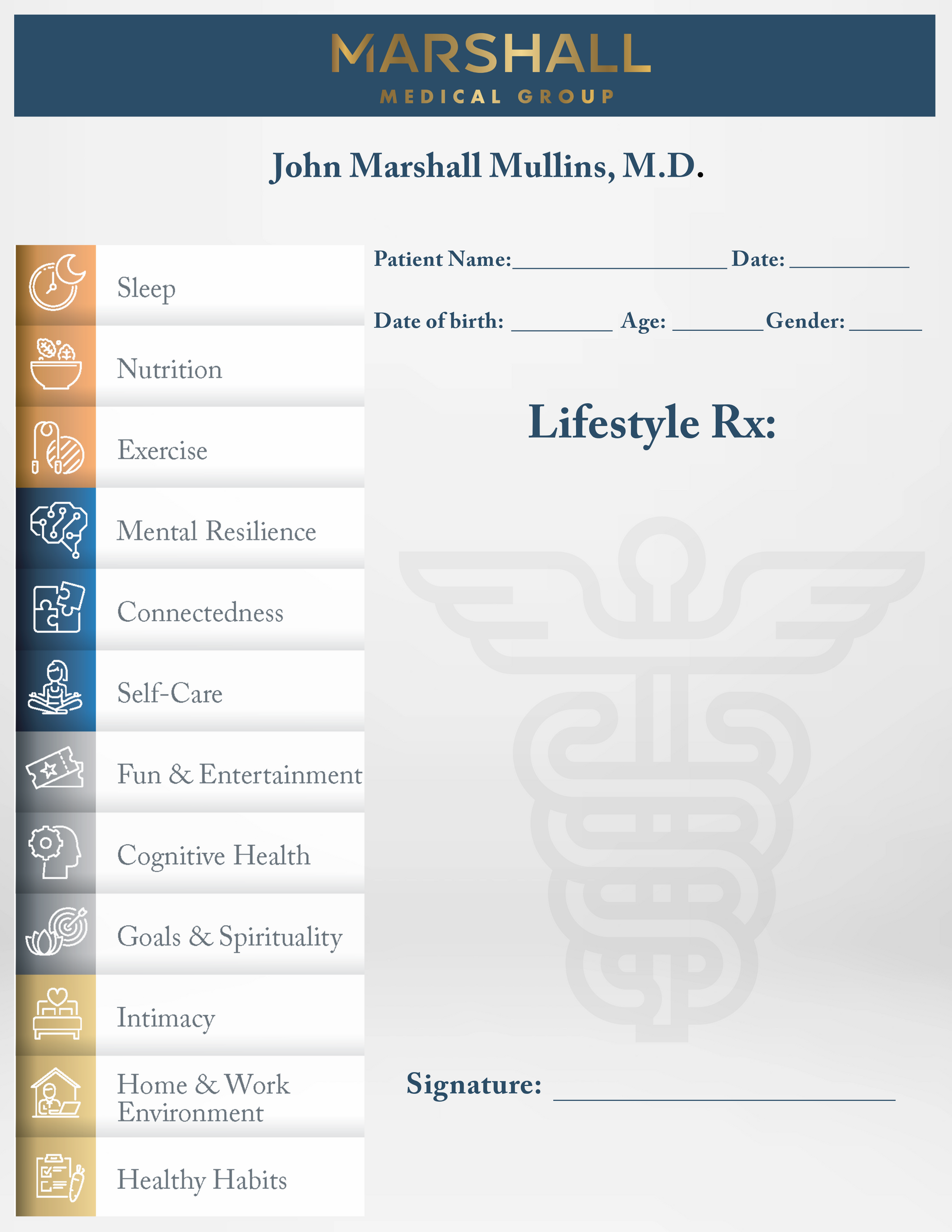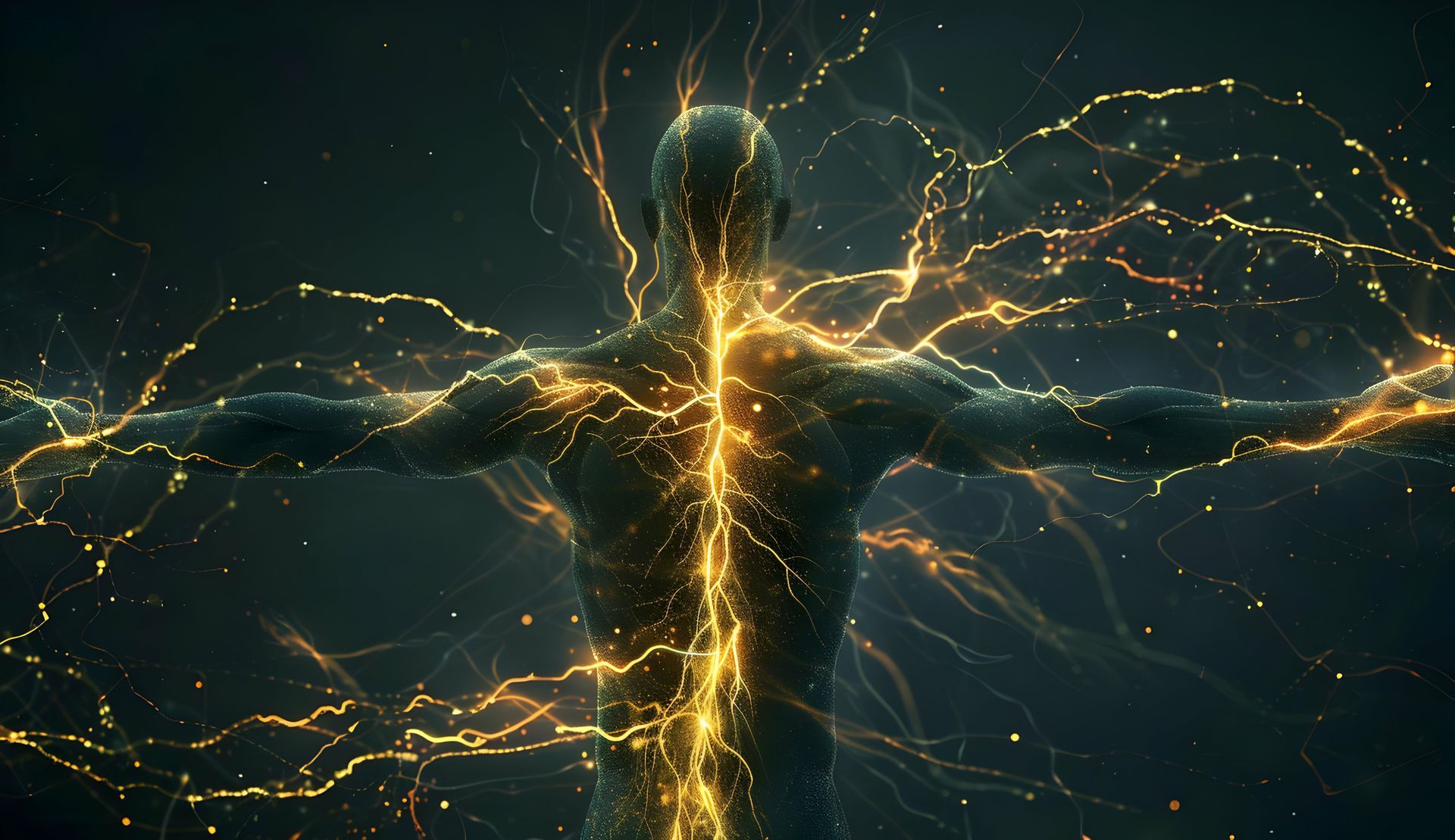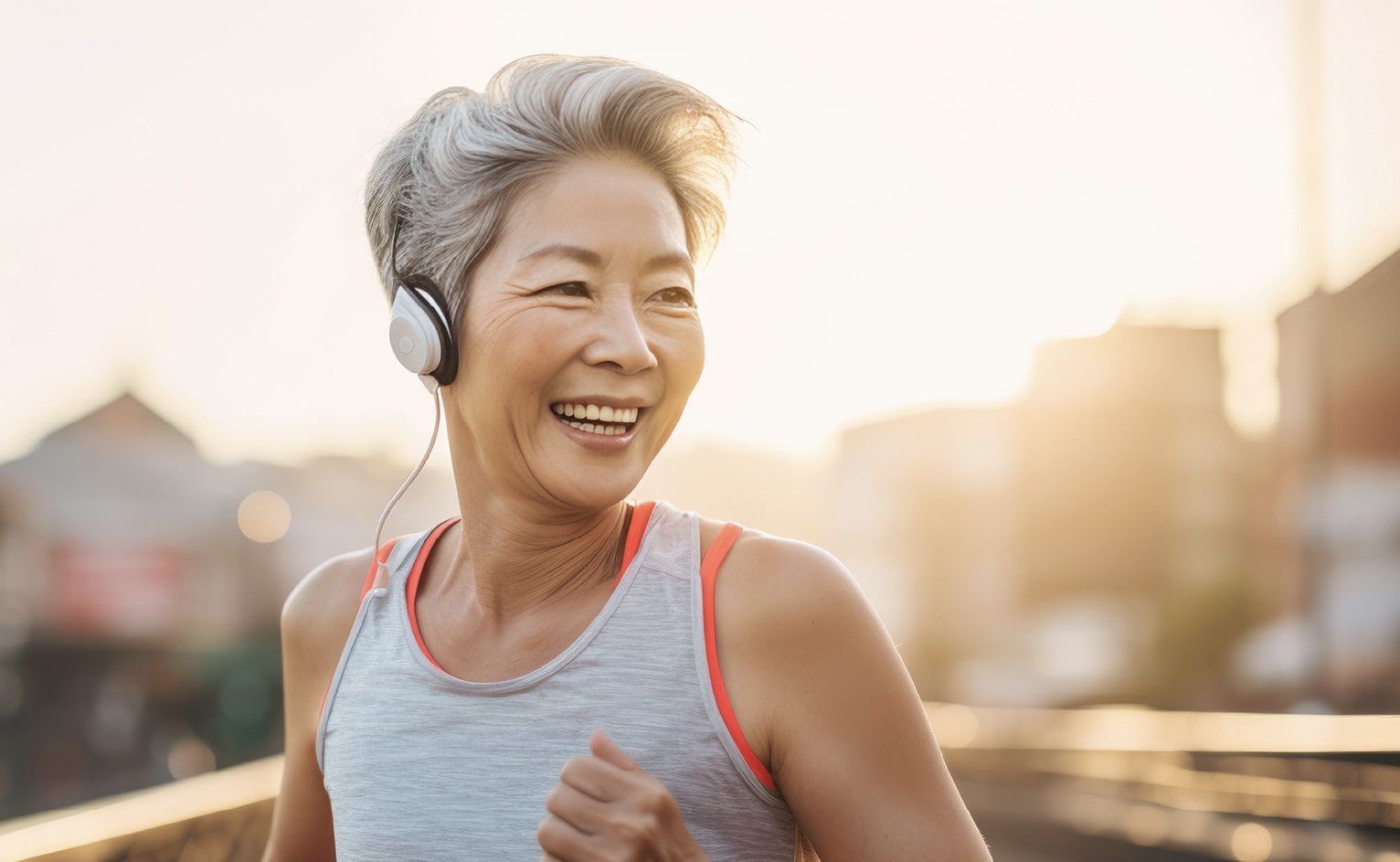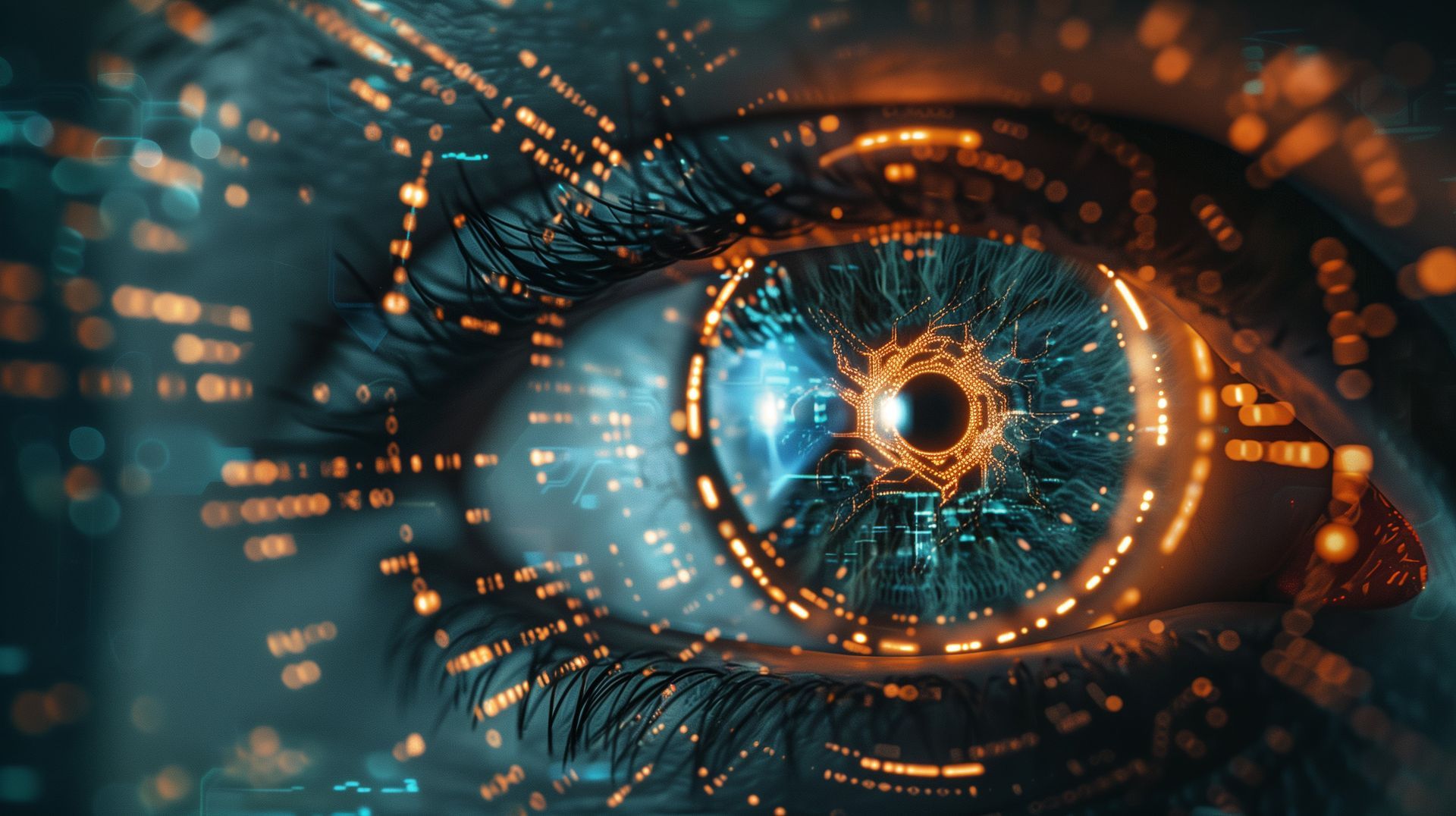Biohacking: Taking Control of Your Own Biology - Dr. John Mullins 12 Pillar Approach to The Core Premise of Lifestyle Medicine
Optimize Your Health, Energy, and Longevity with Data-Driven Wellness
In today’s fast-paced world, more people are looking for ways to optimize their health, boost energy, and extend their lifespan—not just by treating illness, but by proactively upgrading the way their body and mind function. That’s where biohacking comes in.
At Marshall Medical Group, we help our patients take control of their own biology through a personalized, science-backed approach to wellness. From advanced diagnostics and targeted supplements to customized fitness and nutrition plans, biohacking is about leveraging data and innovation to help you look, feel, and perform at your best—every day.
Whether you're new to the concept or already tracking your biometrics, this guide will help you understand what biohacking is, how it works, and how concierge medicine can support you in achieving peak health.
What Is Biohacking?
Biohacking refers to the practice of making small, measurable changes to your lifestyle, diet, environment, and biology to enhance physical and mental performance. It’s about taking a proactive, personalized approach to your health—often using data and emerging technologies to fine-tune the way your body functions.
From nutrigenomics (how your genes interact with your diet) to wearable tech, sleep optimization, and nootropics (supplements that enhance cognitive function), biohacking is a wide-ranging and evolving field rooted in self-awareness and continuous improvement.
Lifestyle Medicine - Dr. John Mullins 12 Pillar Approach

1. Sleep
Sleep is the single most effective thing we can do to reset our body and brain health every day. The leading cause of disease and death and developed nations have links to lack of sleep.
2. Nutrition
Many patients self soothe with food. Once you accept that food is the basis for your health, the source of energy, vitality and develop patterns that are purposeful, you will view food differently. You truly are what you eat.
3. Exercise
Humans were created to move. Although being active helps, proper exercise as a carved-out period of purposeful time, performed >120 minutes weekly. As we age the types of exercise we perform should evolve to overcome plateaus.
4. Mental Resilience
We live in a stressful time. How do you deal with stress, anxiety, the cumulative nature of life, and the peaks and valleys of life. Developing strategies to constructively manage these emotional states builds resilience and reduces the tendency to self- medicate with food, alcohol, and other short-term blunting mediums.
5. Connectedness
Dozens of studies have shown that people who have satisfying relationships with family, friends, and their community are happier, have fewer health problems, and live longer. Conversely, a relative lack of social ties is associated with depression and later life cognitive decline, as well as with increased mortality
6. Self-Care
It is well established that self-care can improve your health, reduce stress and anxiety, boost self-esteem, protect your mental health, and lead to better and stronger relationships.
7. Fun & Entertainment
Life is a roller coaster filled with stress, peaks and valleys, and repetitive patterns. Some people need to make fun and entertainment a purposeful act as it certainly improves health and results in better, more balanced living.
8. Cognitive Health
Humans have powerful brains. But like our bodies, our brains require exercise and intentional, purposeful activity. The number one way to stay cognitively sharp as you age, is to make the health of your brain a priority by continuing to challenge its capabilities.
9. Goals & Spirituality
A life without goals, is a life without purpose and a life that could become rambling. Having spirituality as the cornerstone of your life encourages people to have better relationships with themselves, others, and the unknown. Spirituality can help you deal with stress by giving you a sense of peace, purpose, and forgiveness. It often becomes more crucial at times of emotional stress or illness.
10. Intimacy
Intimacy in a relationship is a feeling of being close, emotionally connected and supported. It means being able to share a whole range of thoughts, feelings, and experiences that we have as a human beings. For many intimacy takes practice but the reward for achievement is great and leads to longer, happier lives.
11. Home & Work Environment
People spend most of their lives in their homes and at work. Both places should be stress minimal, comfortable, and full of warm memories and emotions. If you're work life evokes, a feeling of dread, you are in the wrong place.
12. Healthy Habits
Lifestyle medicine is about the development of healthy living habits and strategies. Overcoming the tendency to resort to unhealthy habits involving excess alcohol, drug abuse, gambling, lust, and engaging in negative self-talk or becoming preoccupied with thoughts that are both negative and destructive.











